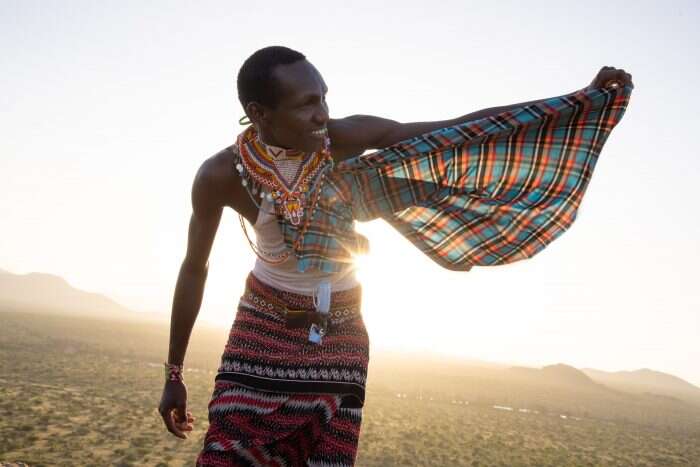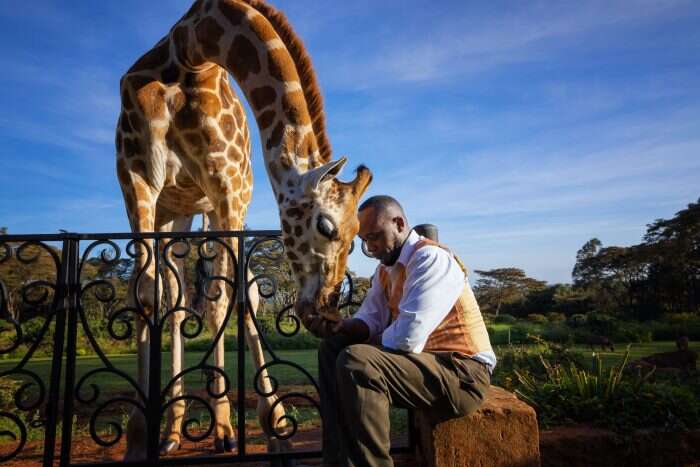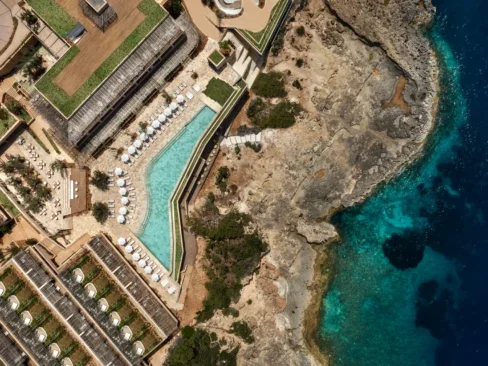According to a 2021 American Express Global Travel Trends report, 68% of travelers are looking for sustainability-friendly travel brands and 72% are passionate about traveling to destinations to boost tourism revenue and the local economy. We hardly need the stats to know that responsible travel is more critical than ever. But how do you go about ensuring that your vacation is a sustainable one? Niarra Travel, a high-end sustainable travel company born out of a passion to do things differently, offers 10 tips to consider.
Find a specialist sustainable high-end tour operator
Understanding local infrastructure and identifying local suppliers and hosts that care for their employees and destination as much as their guests can require years of experience.
Choose locally owned hosts, experiences, and accommodations
According to the United Nations Environment Programme, for every $100 spent by a tourist on holiday to a developing country, only $5 remains in the host community. This phenomenon is known as tourism’s ‘leakage’ problem. Tackling tourism’s leakage problem requires time and commitment, but the result is a trip embedded in a place that genuinely empowers people.
How, not where
Like Costa Rica and Scandinavia, some destinations have solid environmental credentials and human rights, making them an obvious choice for a responsible trip. However, the most enlightened travel operators know that it’s less about where you travel to but how you travel. Responsible travel is a mindset that can (and must) be applied to anywhere in the world.
[See also: Introducing the Ultimate Guide to Responsible Luxury]
Reduce the negative, maximize the positive
Reducing negative impact while traveling is no longer nice to have, it’s essential for the future of the destinations we love to explore. Find a tour operator that embraces the challenge with integrity, action and ambition.
Embrace the power of travel to transform
‘Transformational travel’ is more than simply adding yoga and meditation to an itinerary. Think about a trip’s potential to transform both guest and destination and look for ways to maximize both.
As Jake Hubert, founder of the Transformational Travel Council (TTC), says: “Travel, at its purest, shifts perspectives, unleashes imagination, inspires understanding and cultivates empathy, which in turn promises peace.”
Respect
When planning or booking a trip, try and consider what the experience looks or feels like on the other side of the coin. For example, community tourism is a win-win when done well, but it can lead to exploitation when poorly done. The most responsible travel experiences are mutually beneficial.
Go slow
Going slow is synonymous with sustainability because it is not only less carbon-intensive, but it facilitates a deeper understanding of places we travel to. Avoid resort hopping and recognizing the benefits of staying in one place for longer.
Look beyond the bucket list
Travel is at its best when guests forge connections with a place and people, often when least expected. Such magic is impossible to contrive, but it’s easier to come by in less chartered territory.
Seek transparency
The rise of the conscious consumer has also led to greenwashing, where products or companies provide misleading information about their environmental or social credentials. Businesses that want to bring about genuine change are transparent about what they do.
Seek continual improvement
Any destination or tour operator sincere about doing good knows that sustainability is a continuous journey of improvement. The commitment and change happening in the travel industry right now is just the tip of the iceberg.
Niarra Travel is a high-end travel company headquartered in London and born out of a passion to do things differently. It operates according to its two guiding principles of transparency and purpose to ensure that each trip has a positive impact on people and the planet.












